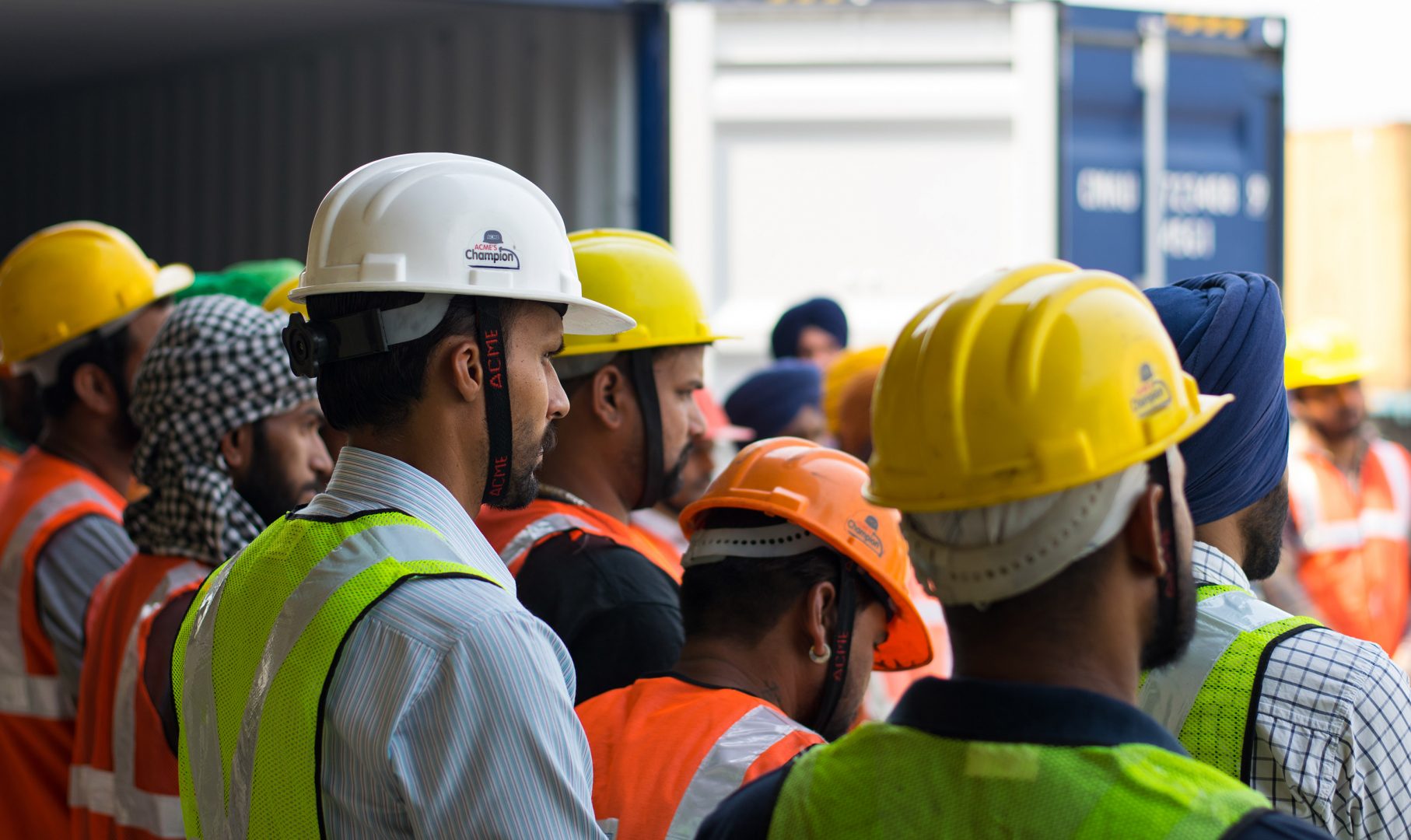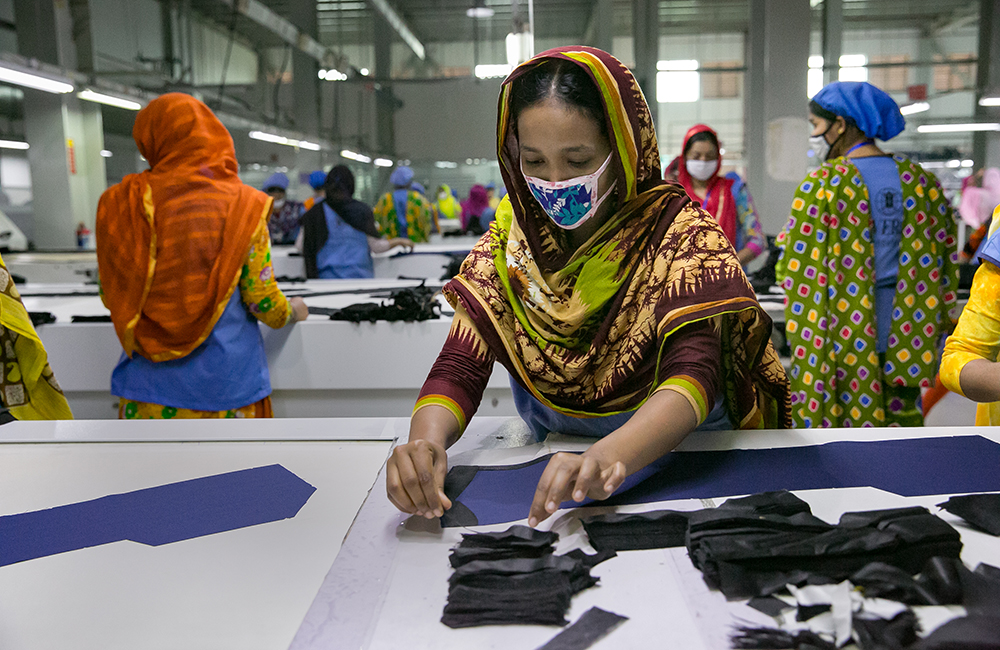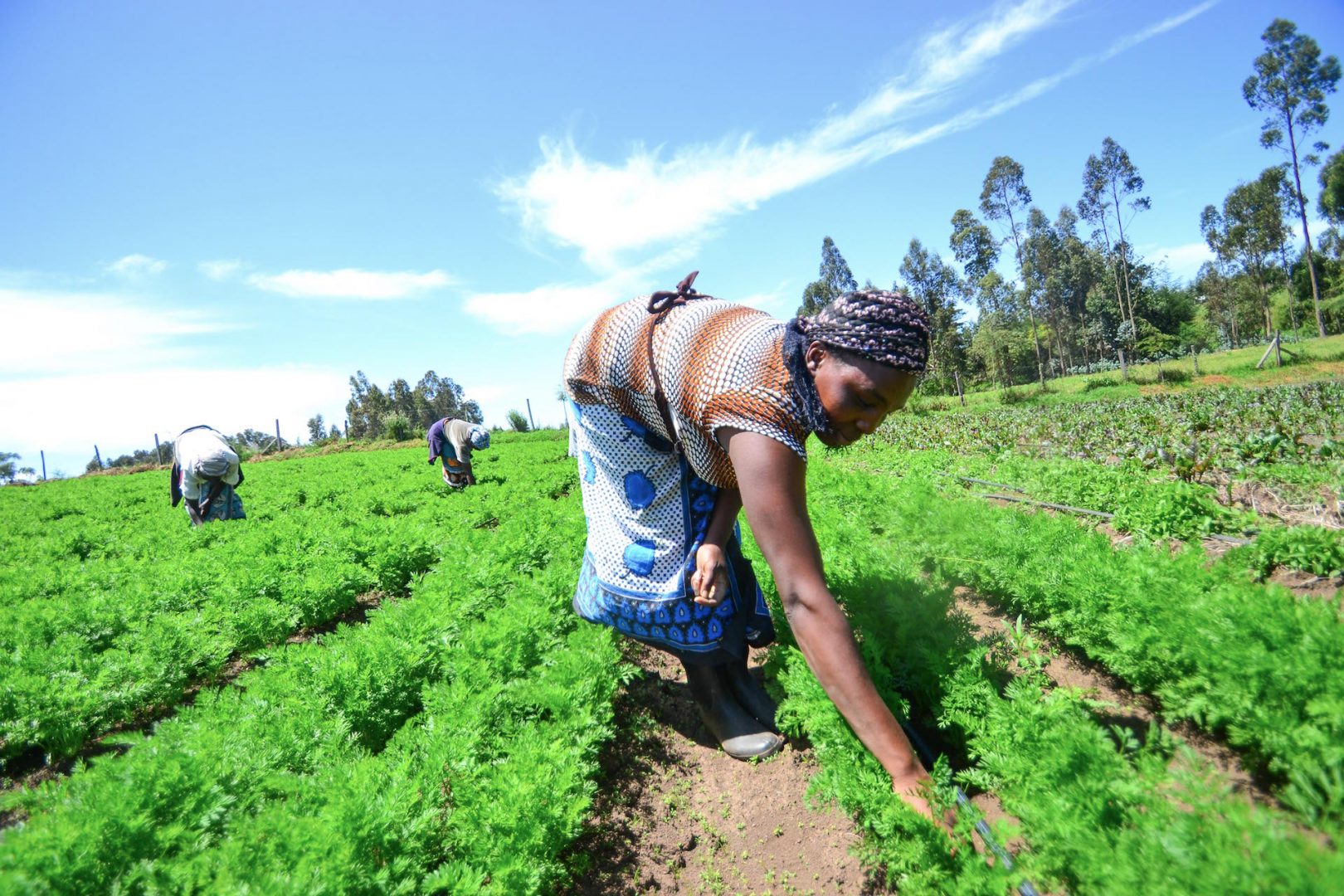In simple terms, safeguarding is about protecting people from harm. It is the bedrock that should run throughout all investment portfolios, especially those seeking to make a positive social impact. It can involve tackling issues such as gender-based violence and harassment, child labour and modern slavery.
To take one example, global estimated rates of gender-based violence and harassment (GBVH) are staggering. Emerging data has shown that all types of GBVH, particularly domestic violence, have intensified since the outbreak of the pandemic, with an alarming rise in violence against women and children in Asia and Africa, according to UN Women. For businesses, this further compounds the adverse impacts of the pandemic on employees’ wellbeing, health and safety, and productivity.
Managing safeguarding risks has become a priority for investors and organisations alike, across the world. The impacts of GBVH on individuals can also adversely affect businesses, including loss of confidence among investors and partners, and damaged relationships with local communities and service users; reduced productivity through increased absenteeism and difficulty securing workers for shifts; or unexpected costs through litigation and reduced health and safety.
At British International Investment (BII), we take a victim-centred approach to gender-based violence or harassment. This means prioritising the rights and needs of people who have experienced a safeguarding incident and listening to their wishes as well as protecting them.
As an illustration of this, we have ensured a focus on safeguarding is an important competent, and one of the core requirements, of our recently revised Policy on Responsible Investing. The term safeguarding at BII includes requirements regarding tackling gender-based violence and harassment, modern slavery and child abuse and exploitation, and the revised Policy includes clearer expectations on safeguarding issues. The Policy is part of all our legal agreements with our portfolio, so this means we expect every new investee to assess and manage safeguarding risks.
In recent years, we have to support businesses in our portfolio to address and minimise safeguarding risks. This is particularly important for businesses to qualify for the 2X Challenge, the gender finance initiative to empower women’s economic development. Safeguarding checks for investees, particularly on GBVH, are a core part of the qualification.
In addition, we regularly engage with other development finance institutions to strengthen and implement safeguarding measures across the sector. For example, we have created tools to help businesses enhance their safeguarding practices, such as our note on gender-based violence and harassment, and our good practice note on managing the risks of modern slavery. We have also developed a dedicated GBVH page on our BII ESG Toolkit, and included all guidance in our reference materials.
Looking ahead, at the end of May we are hosting a virtual panel discussion with senior leaders from BII, IFC, GEF Capital Partners and online grocery supplier BigBasket to discuss actions that can be taken towards gender-based violence and harassment in the workplace in India. To attend, please register here.
The event will follow two days of training for our businesses in our portfolio in India, where we aim to build knowledge on safeguarding within our portfolio, share experiences on best practice, explore the requirements of our Policy on Responsible Investing in more detail, and share lessons learned in the region to prevent and address GBVH challenges. This will encourage companies to go beyond local law and adhere to international good practice.







